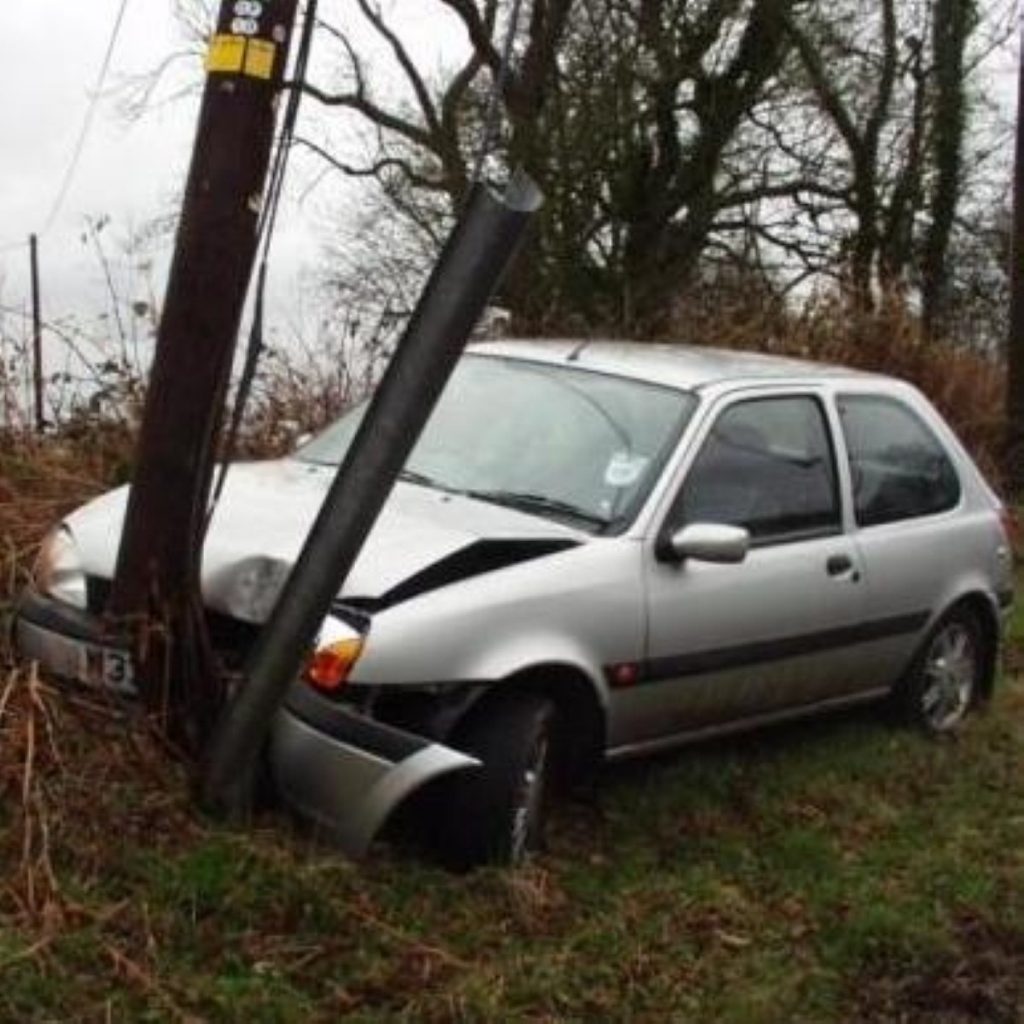Ministers moot tougher driving tests
Driving tests are to be made more difficult to ensure young people are equipped with the right attitude to driving, rather than just the basic skills.
The government is looking at introducing lessons on safe driving to the school curriculum, and expanding the driving test to ensure it covers certain conditions, such as driving at night or on different kinds of roads.
Learners could also begin driving on roads at age 16, under the Swedish model being considered by the Driving Standards Agency, to allow them to build up a minimum number of practice hours before being able to take their test.
In addition, drivers taking the assessment may be asked to demonstrate a responsible attitude to the road, rather than simply that they can read road signs, indicate properly and do other basic skills, road safety minister Stephen Ladyman told The Times.


The plans, expected to be published within weeks, are aimed at cutting the number of accidents by young drivers, especially young men.
Official figures show that young women aged between 17 and 19 were responsible for 276 deaths and injuries behind the wheel last year, compared to 869 among young men.
According to a Department for Transport (DfT) survey to be issued this summer, male drivers aged between 17 and 20 are almost ten times more likely to be killed or seriously injured while driving than men aged 40 to 59 – despite having the best test pass rates.
“We may need to start doing driver education while young people are still at school, introducing them to the rules, dangers and responsibilities of the road at a much earlier age,” Mr Ladyman said.
“We have developed this attitude that you first learn to pass the test and then you learn to drive. It’s an option to have more formal training. We have to debate whether there should be some level of compulsion.”
However, he rejected the idea of temporary restrictions on new drivers, such as a late night curfew, as too difficult to enforce. Instead, he argued there must be “fundamental changes to the way we teach people to drive and the way we test them”.
Shadow transport secretary Chris Grayling welcomed the proposals for better training for young drivers as “sensible”, but also called for graduated driving licences which would prevent new motorists driving high-powered cars.

